Millets serve as an excellent addition to a pregnant woman's diet due to their rich nutritional composition. These grains, including finger millet (ragi), pearl millet, sorghum, and others, offer numerous advantages during pregnancy. They are a valuable source of folate, vital in preventing neural tube defects and supporting the healthy development of the baby's brain and spinal cord. Additionally, millets contain iron, crucial for maintaining healthy blood levels and preventing anemia, a common concern during pregnancy. Their calcium and magnesium content contribute to the baby's bone development, while B vitamins aid in fetal growth and maternal health.
Table of Contents
Benefits of Millets During Pregnancy:
- Folate Content: Millets are a good source of folate (or folic acid), a crucial nutrient during pregnancy. Folate helps prevent neural tube defects in the developing fetus, supporting proper brain and spinal cord development.
- Iron-Rich Source: Iron is essential for the increased blood supply required during pregnancy and helps prevent anemia in both the mother and baby. Millets contribute to meeting the increased iron needs during this time.
- Calcium and Magnesium: Millets contain calcium and magnesium, supporting bone health and development in the growing fetus.
- B Vitamins: Millets provide various B vitamins, including B6 and B9 (folate), necessary for fetal development and overall maternal health.
- Dietary Fiber: The dietary fiber in millets aids digestion, helps manage constipation (a common issue during pregnancy), and supports overall gut health.
- Complex Carbohydrates: Millets offer complex carbohydrates, providing sustained energy levels and assisting in managing blood sugar levels, which is crucial during pregnancy.
-
Versatility and Nutrient Diversity: Millets can be used in various recipes, providing a versatile way to incorporate essential nutrients into the diet during pregnancy.
Which Type Of Millet Is Good During Pregnancy?
All millets can be beneficial during pregnancy due to their nutrient-rich profiles. However, certain millets offer specific nutritional benefits that can be particularly advantageous for pregnant women:
- Finger Millet (Ragi): Finger millet is a good source of calcium, iron, and essential amino acids. Its high calcium content is beneficial for bone development in the fetus, and the iron helps prevent anemia in both the mother and baby.
- Pearl Millet: Pearl millet contains B vitamins, including folate (B9), which is crucial for preventing neural tube defects in the developing fetus.
- Sorghum: Sorghum is rich in iron and B vitamins, aiding in red blood cell formation and overall maternal health during pregnancy.
- Foxtail Millet: Foxtail millet contains essential nutrients such as iron, calcium, and magnesium, supporting bone health and providing important minerals for fetal development.
How Can Expecting Mothers Incorporate Millets Into Their Diet?
Expecting mothers can easily incorporate millets into their diet in various delicious and nutritious ways:
- Porridge or Kheer: Cook millets like finger millet (ragi) or pearl millet with milk and sweeteners like jaggery or honey to create a wholesome porridge or kheer.
- Millet Upma: Prepare upma using millets instead of semolina or rava for a nutritious breakfast or snack.
- Millets in Soups or Stews: Add cooked millets to vegetable or lentil soups and stews to enhance their nutritional value and texture.
- Millet Salad: Use cooked millets as a base for salads by mixing them with vegetables, herbs, and a light dressing for a refreshing meal option.
- Millet Flour in Baking: Incorporate millet flour into baking recipes for muffins, cookies, or bread to boost their nutritional content.
- Millet Roti or Chapati: Prepare rotis or chapatis using millet flour or a mix of millet flour and wheat flour for a healthier variation.
- Millet-Based Snacks: Make millet-based snacks like crispy snacks or energy bars using popped millet or a mix of millet flakes and nuts.
- Millet-Based Desserts: Create desserts like millet pudding or millet-based cookies for a sweet treat with added nutritional benefits.
Are Millets Safe To Eat During Pregnancy?
Generally, millets are considered safe for consumption during pregnancy and offer numerous nutritional benefits. However, individual reactions or allergies can vary, so some considerations should be kept in mind:
- Allergies or Sensitivities: While uncommon, some individuals may have specific allergies or sensitivities to certain grains, including millets. If there's a known allergy or sensitivity to millets, it's advisable to avoid them.
- Goitrogenic Compounds: Millets, like some other grains and vegetables, contain compounds known as goitrogens that can interfere with thyroid function. However, the levels of goitrogens in millets are generally considered low and may not cause harm when consumed in moderation.

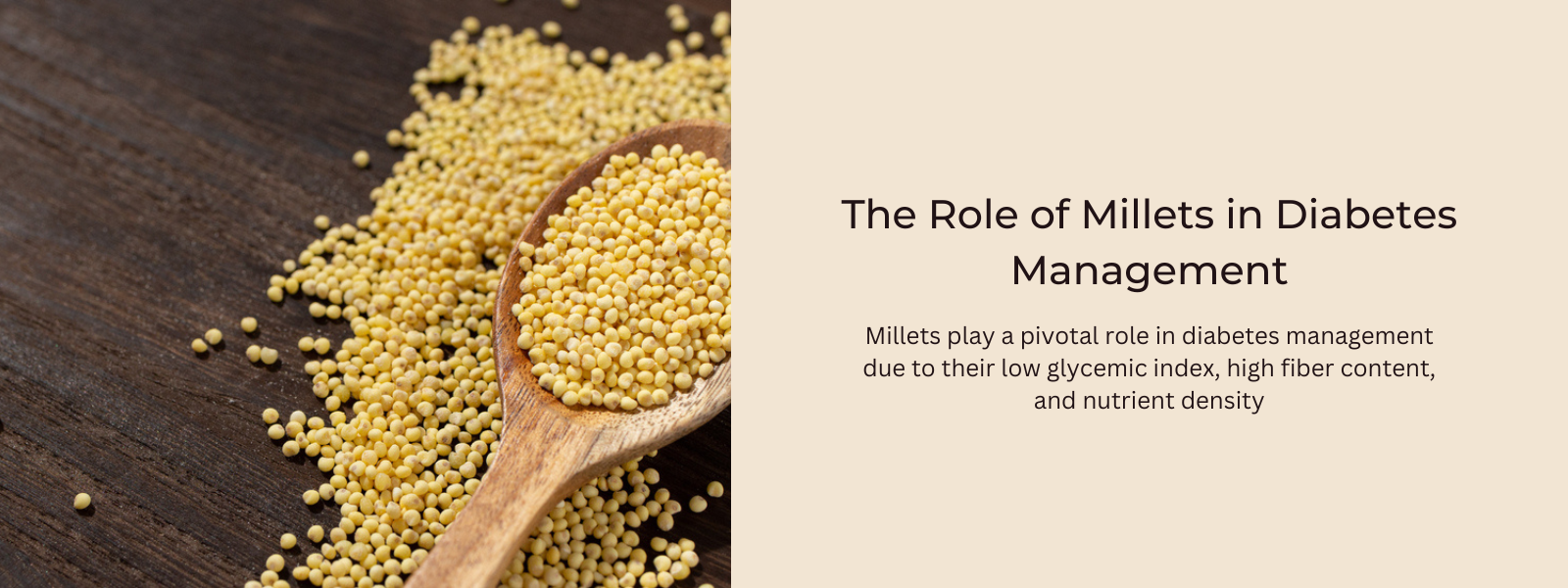
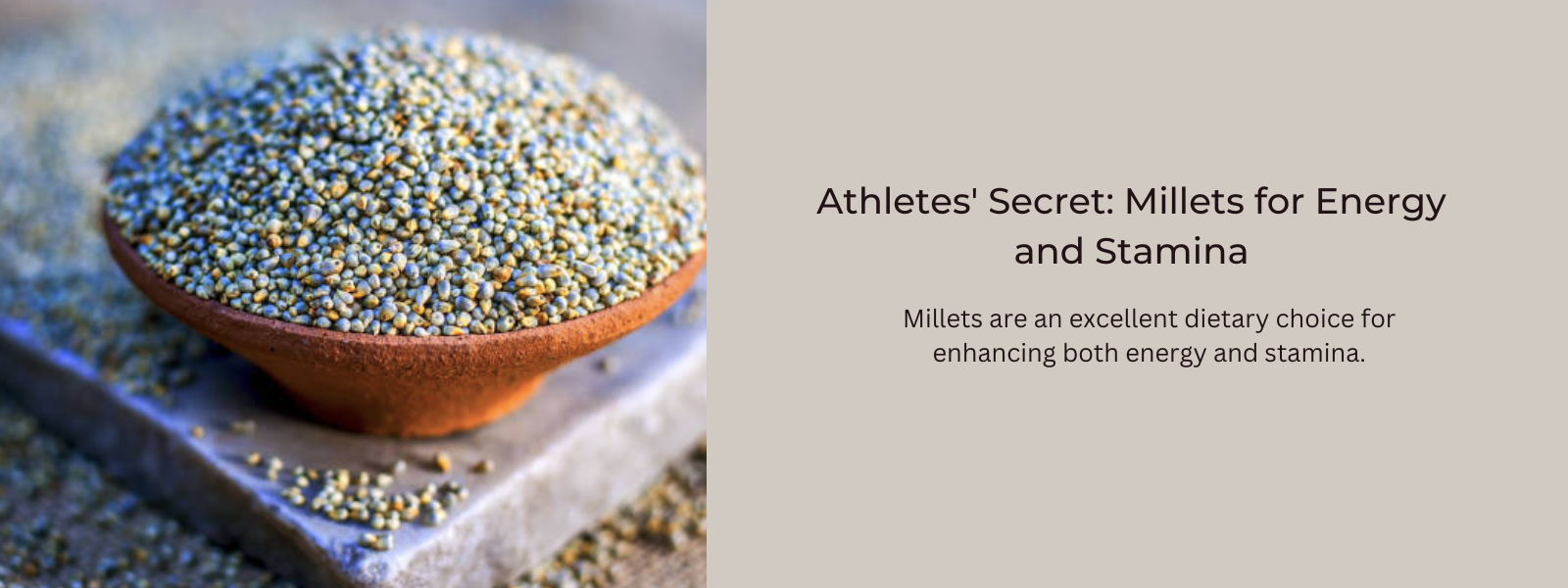
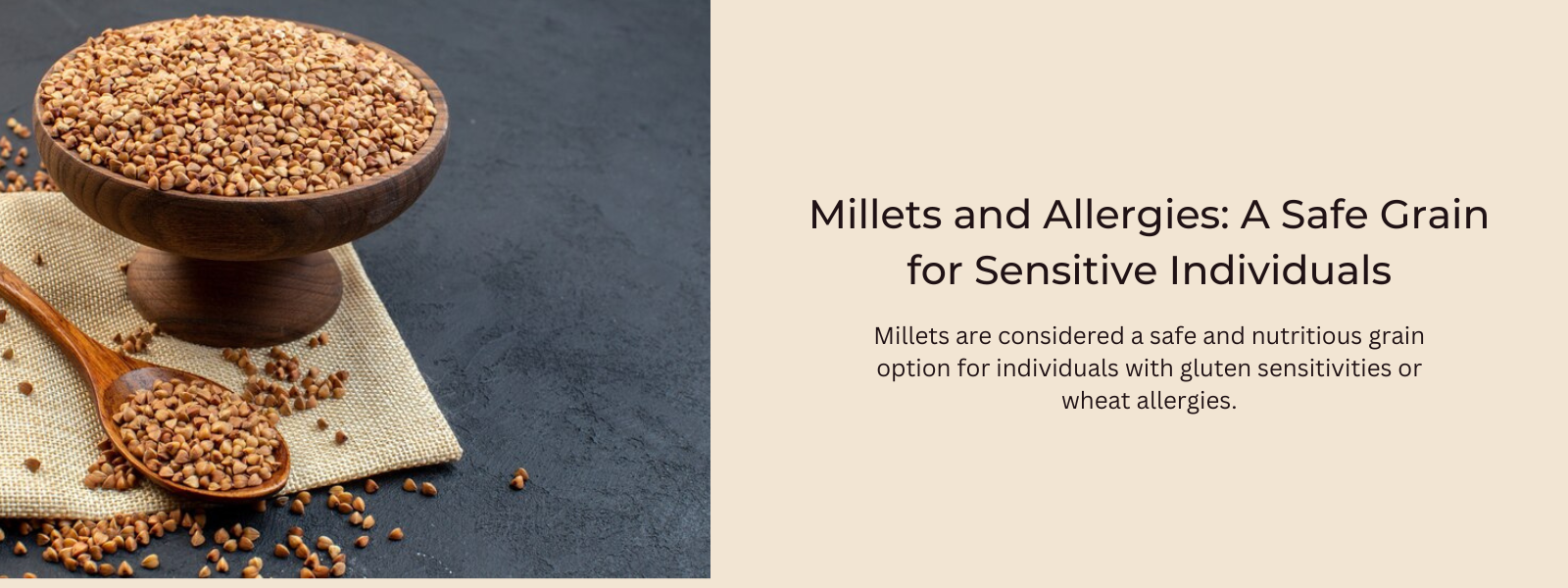
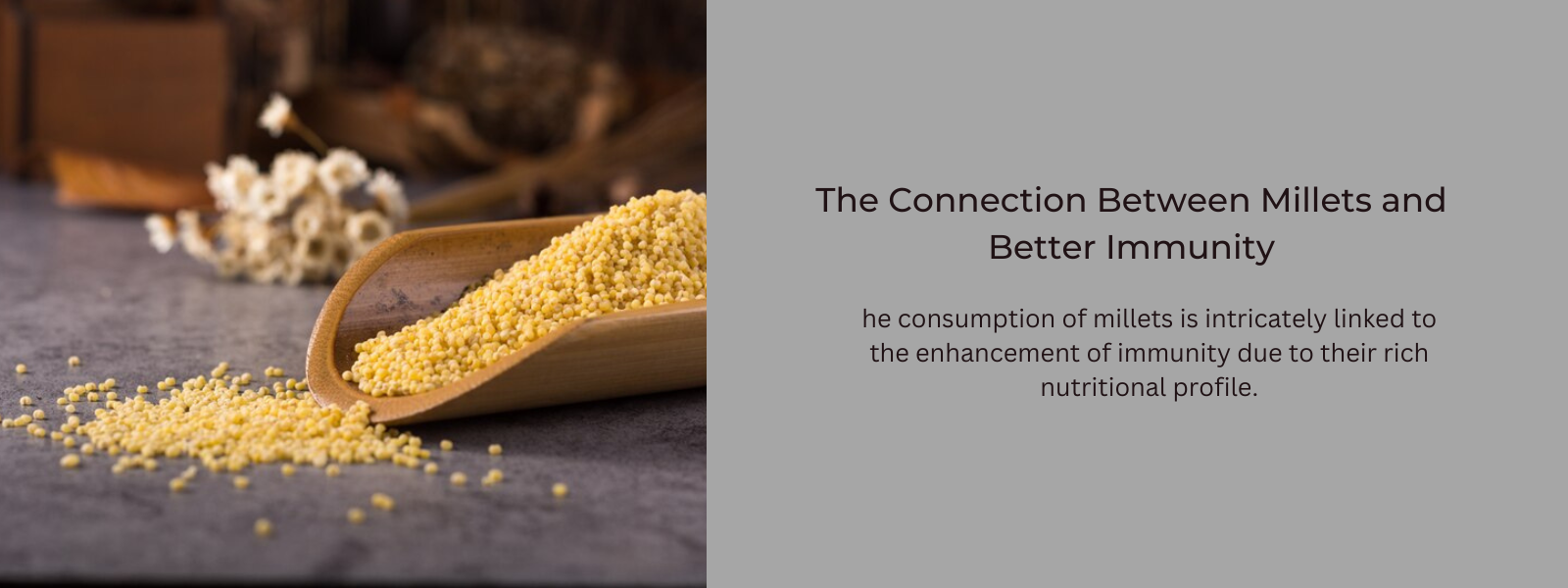
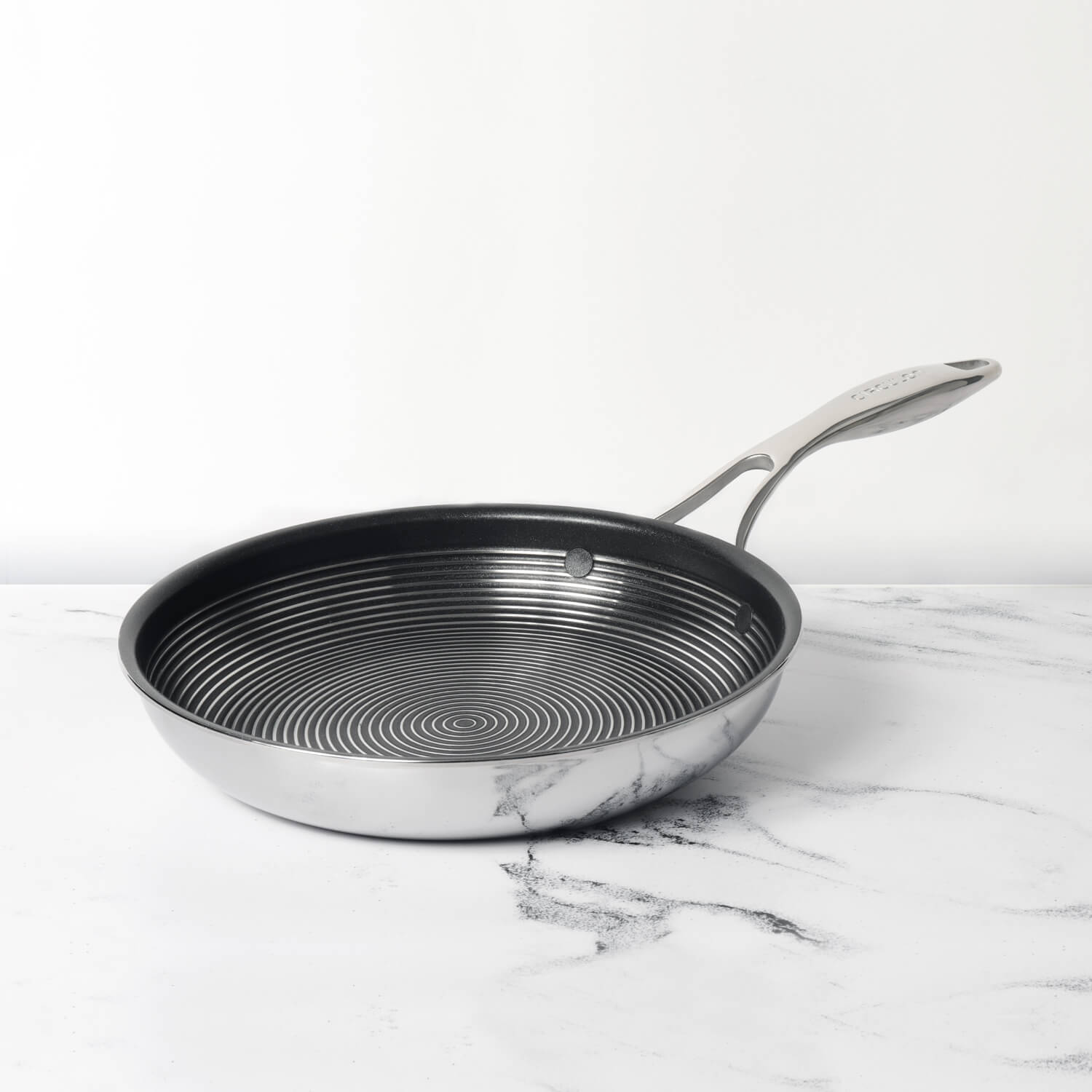
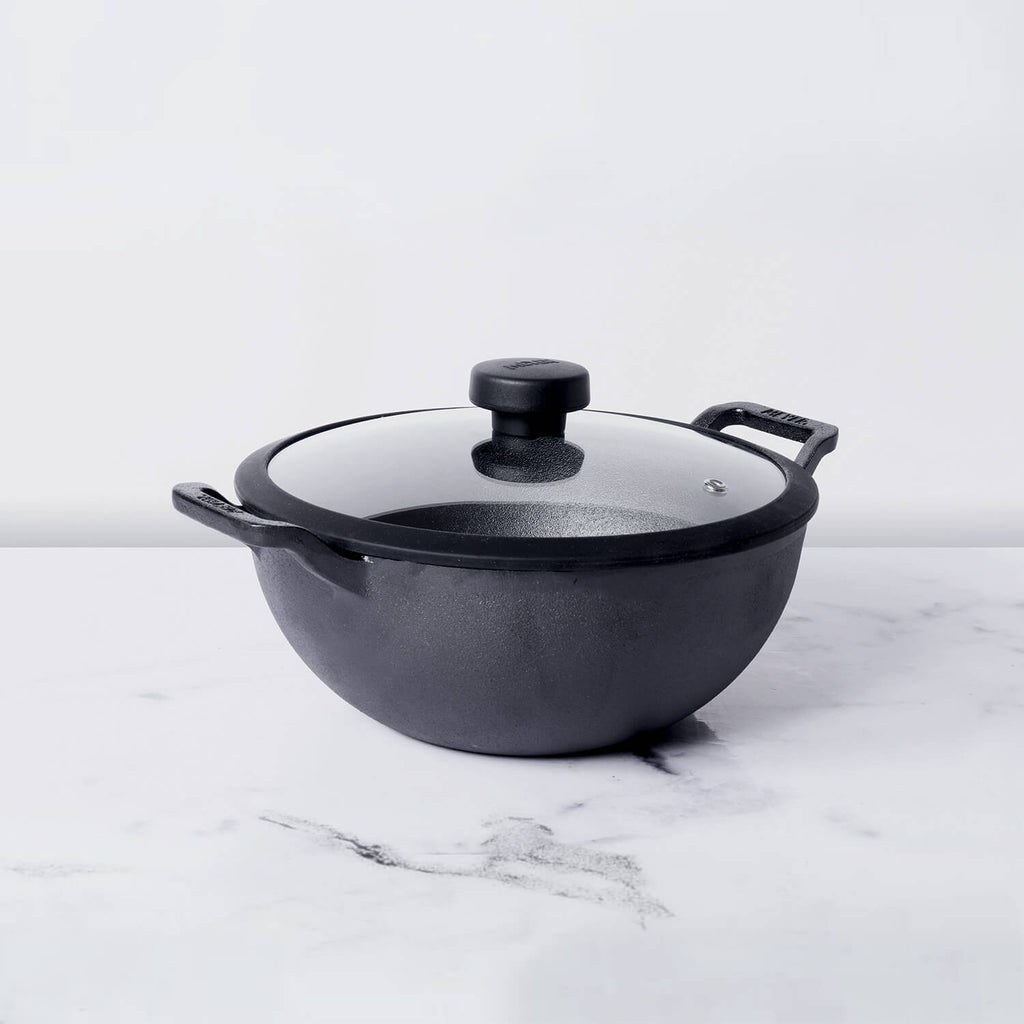




Leave a comment